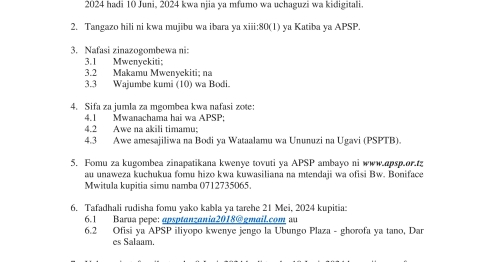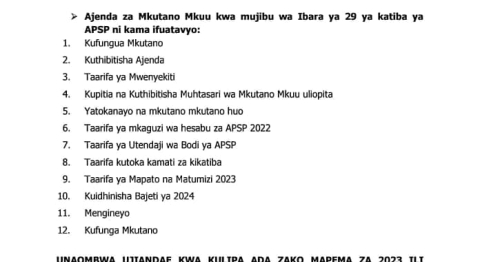
For decades, we’ve placed efficiency at the center of strategy: We’ve run operations as close to full capacity as we can. We’ve ordered from suppliers in ways that are tightly aligned with our production schedules. We’ve worked hard to minimize costs, “sweating assets hard” under the guidance of the CFO, and we’ve delivered financial returns on a quarterly basis. In many ways, this is a system that has worked remarkably well. But as the COVID-19 pandemic has made painfully clear, it has a major flaw: It doesn’t help firms develop resilience.
That’s going to have to change. To survive times of crisis and thrive over the long term, firms will need to shift their strategic thinking from just-in-time to just-in-case.
We’ve known this for a while, even if we haven’t done much about it. The 2008 global financial crisis revealed the potentially catastrophic dangers of running banks as efficiently as possible, with a minimum of reserves. In the aftermath of that crisis, regulators mandated that banks hold bigger reserves, to improve their resilience. This represented an important reform, but in most countries, it was taxpayers who paid for this change, which let bank owners and their customers off the hook. Not surprisingly, the banks therefore felt that the change could be folded in as a cost of doing business, and efficiency in that sector remained the name of the game—as it did throughout private industry.
Things are different now. Governments around the world have printed and distributed so much money to save failing businesses during this pandemic—roughly $15 trillion through the end of May—that they have now acquired a major stake across every sector of the economy. In the years ahead, this will profoundly change the nature of the dance that’s done between public and private sectors. Now that the public owns so much debt in private firms, it will develop a growing urge—and a growing ability—to orchestrate what happens in the market. State involvement at this new level will mean new values. Think, for instance, about how much broader your expectations are as a citizen than as a consumer.



